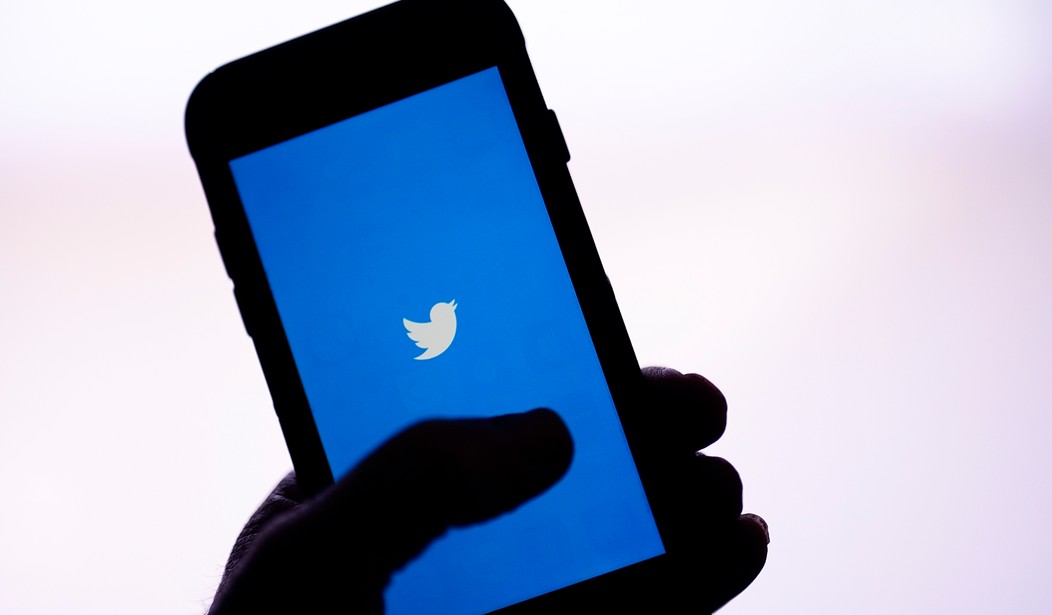I've found much of the endless Twitter discourse about Twitter and its new owner to be largely tedious and self-important. My lukewarm take on the 'substance' is that I have some concerns about how the new regime is doling out suspensions and making decisions. One of the biggest and most potent criticisms of the old Twitter regime was that the supposed 'rules' were capricious and unevenly applied, at best -- and when powerful people at the company decided they wanted to do something, they'd play Calvinball to bend of change those rules, on the fly, to achieve their desired outcome. Perhaps worse, they did this while assuring the public that no such thing was happening. We're now seeing flashes of the same phenomena, just meted out in the opposite direction. Twitter cannot and should not be an entirely rules-free digital wild west. But because it's presented as something of a modern town square, with Elon Musk leaning into a 'free speech' ethos, free expression, transparency and consistency should be the north stars of content moderation. So far, the Musk era has been a very mixed bag on these fronts.
It is, admittedly, a bit amusing to watch the lefty journalist class absolutely melting down over the new regime's policies and moves. For years, they couldn't have cared less when 'bad' people -- usually right-wingers -- were subjected to random and arbitrary suspensions or bans. The journos' collective reaction to such things ranged from complete indifference to overt glee. But now that their precious accounts are in the crosshairs under the new management, their dramatic squeals of indignation and victimhood are hard to take. They were always supposed to be the ones who operated under a different set of loose guidelines, with buddies and ideological allies inside Twitter who could help them resolve any inconveniences or frustrations that might arise. But they're no longer treated as special or favored, and they don't like it one bit, hence the hysterical, aggrieved, performative frothing.
Some of their complaints about a number of Musk's decisions are reasonable. I agree with some of the critiques. But I also believe that the recent 'Twitter files' revelations are important and newsworthy, not deserving of the 'nothing-burger' treatment many in the media have predictably offered. That's why it's hard to work up too much indignation over the whining from these journos, even if they're right in some important respects. Their demands for transparent rules and fairness are objectively correct, but they didn't care one bit about such ideals when the people being treated unfairly were from the other tribe. Their shrugging and scoffing at the 'Twitter files' -- which prove many of things conservatives long alleged (while being called conspiracy theorists) actually did happen -- only underscores how many of them continue to operate under a myopic, self-unaware sense of entitlement. That doesn't mean that conservatives should push for retributive unfairness. We should remain consistent. But it does mean that some of the current complainers are not remotely sympathetic 'victims.' In their efforts to minimize or justify what the previous Twitter leadership was doing, we're being treated to hyper-specific definitions of terms like "shadow banning," in order to make it seem as though conservative critics weren't right all along, even after the jig is up.
Recommended
Of course, many of these critics used "shadow banning" as a broad term, encompassing various internal, secret manipulations to throttle and suppress the visibility or amplification of certain tweets, users and trends. These things indisputably happened, as we are learning, so many in the long-time media denialists are now turning to obfuscation-via-specificity, a form of spin and dishonesty they've deployed rather often in recent years. So we're given "fact checks" and lectures about what really, technically counts as "shadow banning," which is missing the point, on purpose. We've seen similar tactics used on other issues. For instance, when conservatives refer to COVID 'lockdowns' as an umbrella term for heavy-handed governmental restrictions and mandates, we face a flurry of pedantic actuallying about what qualifies as a lockdown, per se. Some even had the gall to claim that even if the buildings were empty, schools weren't really 'closed'-closed because online instruction continued.
Similarly, conservatives have used 'Critical Race Theory' as a generalized term to describe inappropriate and ideological racialized/identity-fixated curricula or indoctrination in schools. Immediately, the retorts poured in: No, you see, critical race theory is a very narrow concept that's only taught in law schools, stop lying. Again, this is missing the point, on purpose. I'm a believer in trying to use precise language and communicating clearly. But the goal of this sort of parsing often isn't to inform or contextualize; it's to try to disqualify commonly-used terms that are politically or ideologically unhelpful to the in-tribe. It's gaslighting. To conclude, and to be clear: Yes, there was shadow banning. Yes, there were lockdowns. Yes, schools were closed. And yes, Critical Race Theory is something parents of grade school students should be concerned about.

























Join the conversation as a VIP Member